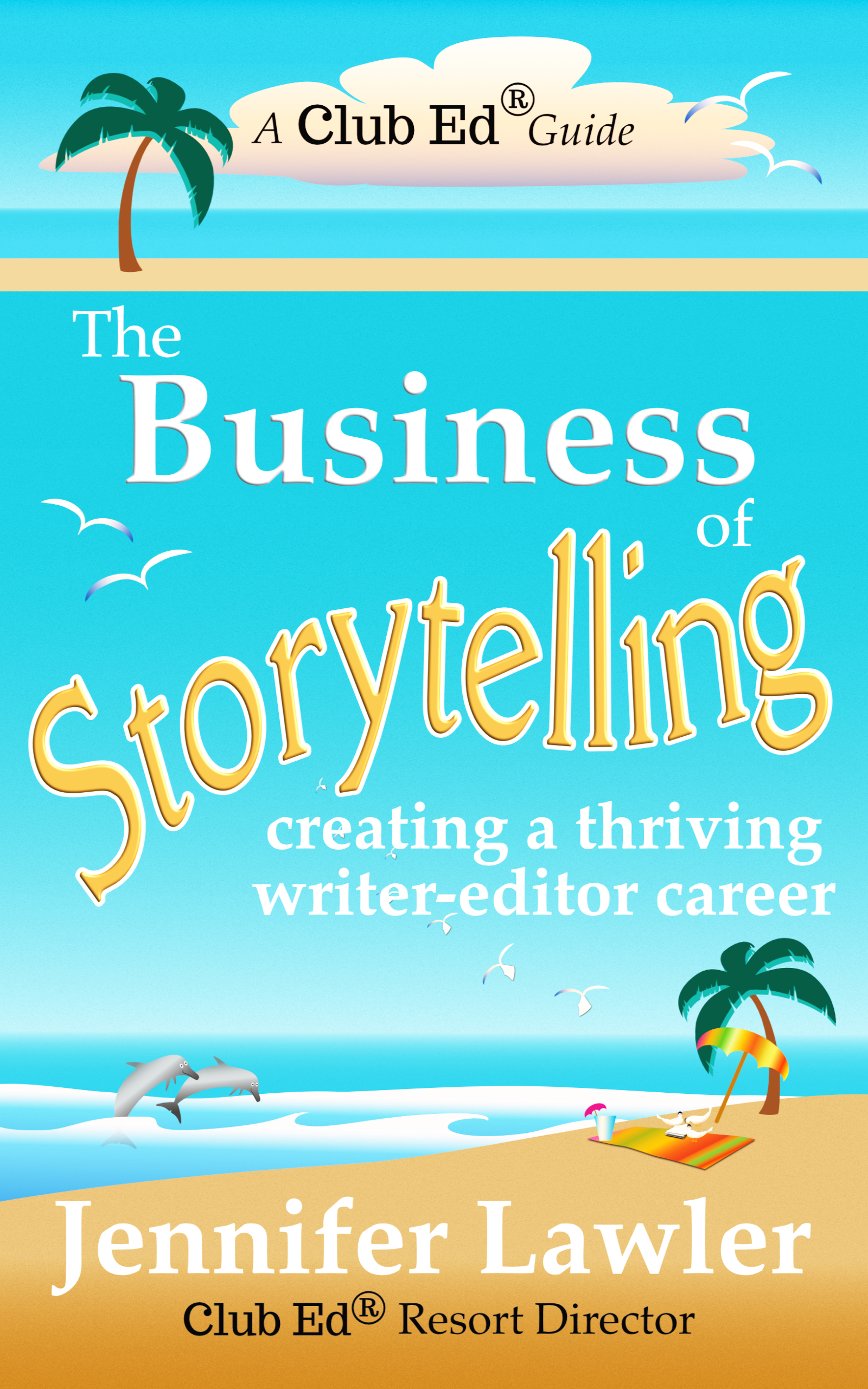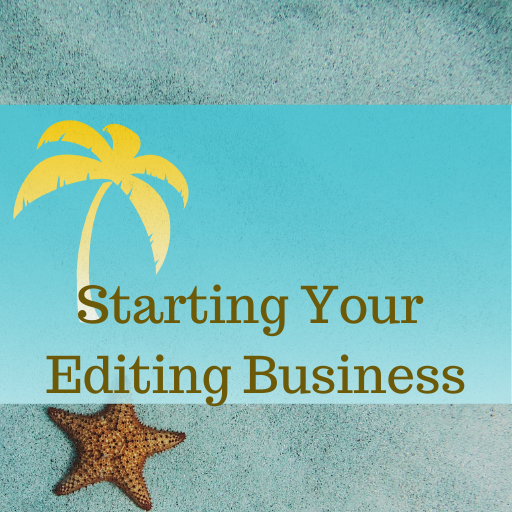Effective Client Communication for Book Editors
Managing client expectations is necessary for a successful business so here are my tips for effective client communication for book editors.
My Top Tip for Effective Client Communication for Book Editors
One way to avoid an unhappy client is to communicate all relevant information from the very beginning of your relationship with them. Clearly stated expectations (on both sides) reduce the likelihood that either will be less-than-satisfied.
Understand What the Client Wants
Be sure you understand how the client expects you to edit. Sometimes the author will ask for a copyedit when the ms isn’t ready for that as it still has developmental issues. If you don’t discuss this ahead of time, you’re unlikely to be able to do a good job. And if you turn in a developmental edit when the author has just asked for you to double-check the comma placement, the author will not be happy.
Before you offer a quote for editing, it’s a good idea to review the manuscript and read at least a chapter or two. Supporting information, such as a synopsis or promotional blurb the author has written, can be very helpful in spotting potential problems and understanding the author’s vision for the work.
This review will give you a sense of how skilled the author is and how much work it will require to edit their work, which will help you estimate how long it will take to edit the complete manuscript. It will also help you come to an agreement with the author/client about what needs to be done. The author may think that all the manuscript needs is a final read-through, whereas you’ve spotted five big problems in the first three pages. Knowing this ahead of time will help everyone understand what the edit will include.
Some editors edit a small sample to get a better sense of how long it will take to edit the manuscript. They provide that edited sample to the author so they can know what to expect from this process. This can be an excellent way to establish expectations, but of course it does require you to do a certain amount of editing without any promise of landing the client. And in the case of a developmental edit, a small edited sample may not capture the true extent of what the overall edit will look like. However, it can be a good way to calibrate how much line editing you will do compared to what the author/client expects.
Keep Long-Term Relationships in Mind
Freelance editors who build successful businesses seek long-term client relationships that involve repeat business. A private-pay individual who hires you to edit each of the four novels she writes a year will be a bigger boost to your bottom line than the one who hires you to edit a better-paying project once.
Developing long-term client relationships requires flexibility because you’ll be working with different kinds of clients who have different needs and different ways of communicating. So it’s important to keep good notes about what different clients prefer and how they communicate with you.
Ask Questions
I’ve noticed that many freelancers seem a little intimidated by their clients. A client approaches them, says, “I need this project edited, I’ll pay you $X,” and that’s acceptable. Then, the editor has some questions, but she’s afraid to approach the client. She’s afraid of coming across as not an expert or as a pest. Yes, it’s important to not be a pest, but you also have to be sure that you have the information you need to do the job right. There’s nothing wrong with asking questions.
If you can anticipate the kinds of questions you’ll have, and if you put them together so that the client is only answering one or two emails from you instead of ten, that’s helpful. As you gain more experience, you’ll know what types of questions you’ll be likely to have, and can ask them in preliminary conversations about the project. You may find that developing a template can help—checklists are so useful in our business! You don’t necessarily show the template to the client, you just keep it for yourself.
Show Trustworthiness
Trust is one of the basic principles of all good relationships. Clients need to trust that you will be a competent editor, delivering on the expectations you’ve agreed to. Building trust requires attention to details: meeting deadlines, calling when you say you will, responding to email messages in a timely manner, and letting clients know when you’ll be unavailable.
In order to build trust with your clients, be open and honest and do what you say you’re going to do. And while you don’t have any control over whether your clients will do the same, you can make an extra effort to confirm payment, payment dates, and other important information. Doing so helps minimize potential misunderstandings.
Another way to establish yourself as trustworthy—especially when first marketing yourself to prospective clients—is by providing a list of your past work. For instance, Client A is much more likely to trust your ability to edit her novel if she knows you’ve already successfully done so for Clients B and C. References and testimonials can also be extremely helpful in the same way.
Remember that even if you volunteered or bartered, you can still ask the client for a reference or testimonial.
Tips for Editors & Writers
The Fine Art of Copyediting Fiction
When copyediting fiction, it’s common to run up against issues that pit author preference against standard editing approaches. For example, in a story I wrote some years ago, the main character’s neighbor is referred to as “3-B” as that is her apartment number and the MC doesn’t know her name. Fine. She can be referred…
Let the manuscript teach you how to edit it
One of the lessons I’ve learned over many years of editing is that you have to let the manuscript teach you how to edit it. Every manuscript is different and every manuscript needs a different touch. Even when an author does something I’ve seen many times before, I have to edit for that particular manuscript,…
Helping Authors Strengthen Story Settings
The setting of a novel consists of multiple elements, big and small, that nest inside each other like those little Russian dolls. We might show this hierarchy of settings like so: If you think about it, the micro setting of “the living room of 601 San Mateo Road Apartment 16” implies the existence of all…
Join the Club!
New to story editing? Begin at the beginning.







